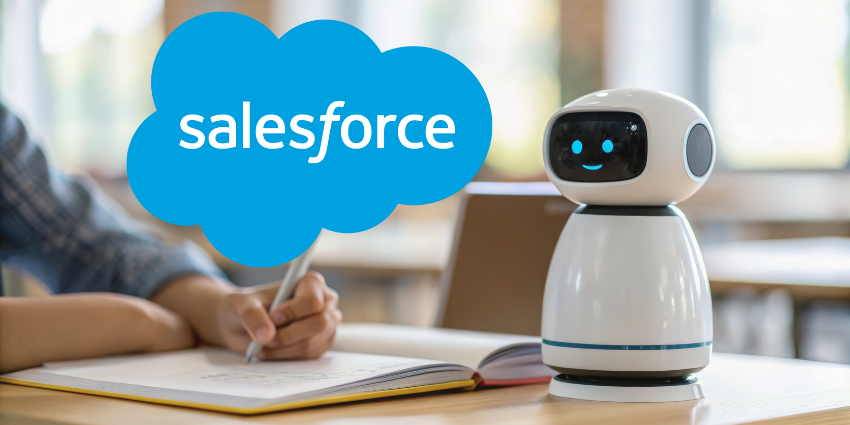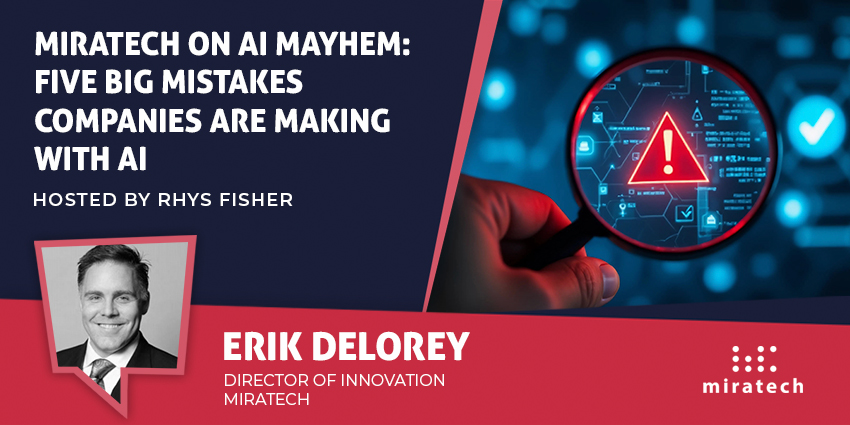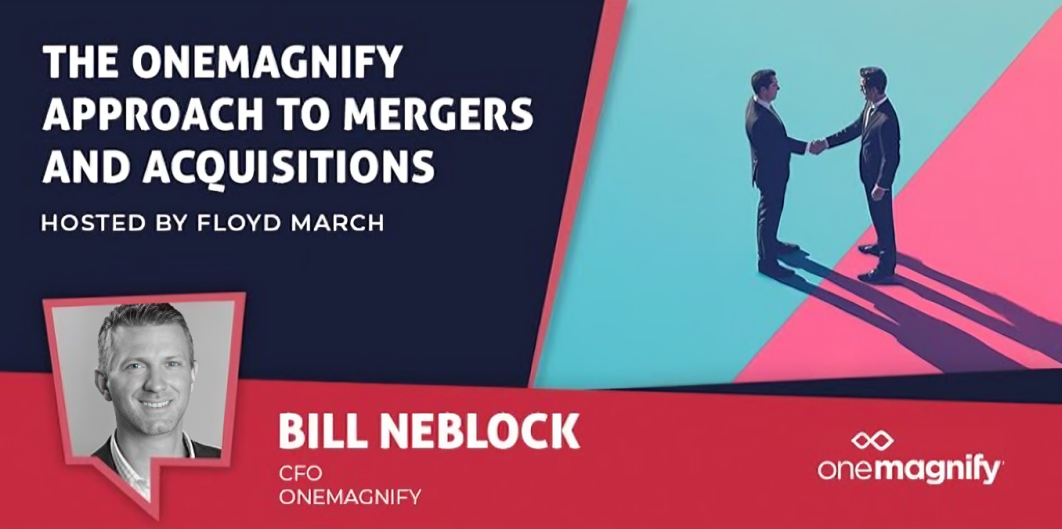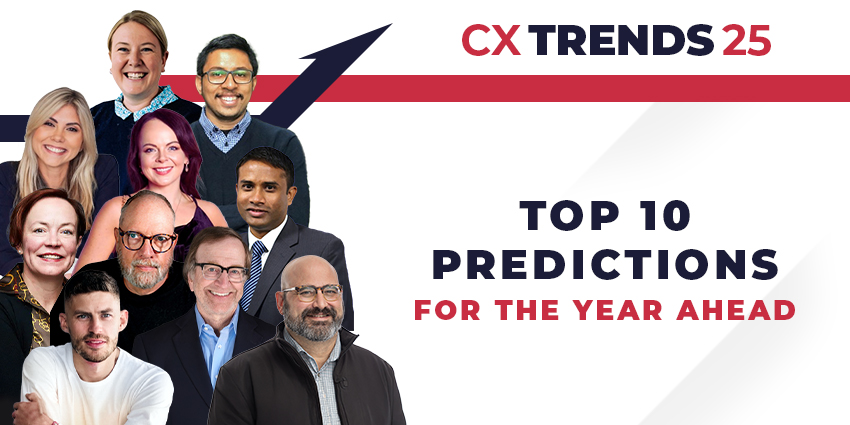Salesforce has reportedly seen a 119% upsurge in AI adoption during the first half of 2025.
The report revealed that both enterprises and consumers were more willing to adopt AI in customer service.
The tech company leveraged its Agentic Enterprise Index to uncover trends in the first 6 months of the year, revealing that the quantity of AI Agents across businesses who adopted them increased on average by 119%.
Salesforce saw an increase in consumer willingness to adopt AI, with 94% of consumers choosing to interact with the AI agent when asked, as well as nearly 60% choosing to frequently use AI agents after claiming they had become more helpful during the past year.
Furthermore, employee willingness has increased, with agent interactions having grown 65%, along with 35% longer conversations between AI and employee.
This increase in AI adoption highlights the speed at which AI integration will not only be implemented but accepted in the workforce.
Earlier in the year, Salesforce revealed that 80% of global HR chiefs agreed that by 2030, most workforces will become hybrid, with a likely future of humans and AI agents working together.
From a customer service perspective, this allows human agents to focus on complex issues to drive customer relationships, whilst the AI agent completes the human’s repetitive tasks, without worrying about how it will affect customer loyalty.
AI Agent Adoption Not Yet Universal
Within its report, Salesforce detailed how AI agent adoption rates varied depending on the sector.
In financial services, for example, employee interactions with AI agents had grown 105% each month during the first half of 2025, whilst 38% of their consumers who chose to interact with AI agents reportedly favored performing money management tasks with the AI.
Ryan Teeples, Chief Technology Officer at 1-800-Accountant, claimed that “with Agentforce now resolving up to 60% of incoming requests, we can confidently address routine inquiries like tax return statuses, which frees our team to focus on more intricate tasks while still providing swift, secure and personalized support.”
In travel and hospitality, the industry saw AI agents and employee interactions growing at 133% each month during the first half of 2025, whilst also seeing a higher activity amongst business users compared to other industries surveyed.
Demetri Salvaggio, Senior Director, Business Development & Client Operations at Engine, highlights how tailoring their AI agents has increased its capabilities for improved routine task handling:
“This has been critical in achieving our reduction in average handle time by 15%.”
In retail, AI agents and employees were increasing their interactions at a monthly rate of 128%, with 200% of consumers who regularly interacted with AI in retail agreeing that their overall experience with the retail industry has been improved.
Calvin Anderson, Vice President of Digital Commerce Operations & User Experience at SharkNinja, explains how adding digital and AI enhancements to improve and support a consumer’s shopping experience would strengthen their impression of the brand, stating:
“This not only enhances brand loyalty through tailored recommendations but also allows our team members to focus on more complex, meaningful interactions.”
The report suggests that AI agent adoption is likely to rise, with 60% of consumers who use these agents agreeing that they have become increasingly more helpful during the past year.
Interestingly, although the vendor predicts the growing influence of AI agents, it also implies a greater reliance upon humans, with human agent escalation activity increasing by 10% between Q1 and Q2 in 2025.
Arguably, this increase in human escalation is a natural byproduct of more customers having to interact with AI agents in the first place. As the technology becomes more advanced and customers become more adept at interacting with it, it is likely that these escalations will decrease, potentially making human agents surplus to requirements.







